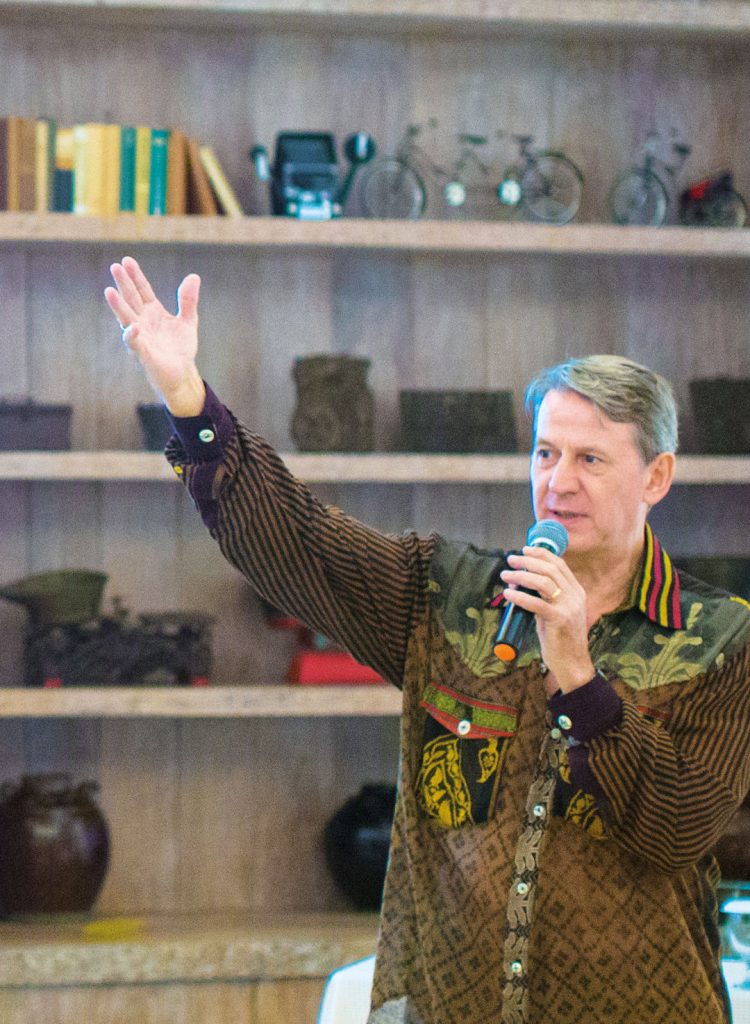Sustainability is the hot word of the moment. Encompassing environmental friendliness, economic viability, community sensitivity and ethnical employment.
It is a huge and complicated subject. But it’s not just hot, it’s important. Almost everything, no, actually everything needs to be sustainable.

While most of us think of sustainability as an environmental issue and absolutely abhor what’s happening in the Amazon – and ladies and gentlemen – right here in Sumatra and Kalimantan, it’s also about the quality of our lives and how we can expect to live tomorrow, and prepare for healthy and productive lives for our children and grandchildren. And that is changing under our noses as developers cover fields and forests with concrete, as coal fired power stations continue to be made without the strictest regulations on emissions.
And who’s to blame ? All of us! Governments who allow unplanned and un-zoned building, companies who continue to make outmoded products, power authorities who still insist that ‘coal is cheap and plentiful’ (forgetting that sun and wind are even more plentiful!) and worst of all is us, who buy the houses, buy the cars, buy the products, and think it’s someone else’s problem . It’s not.
The embarrassment of being labelled the world’s second biggest plastic polluter of oceans had some effect on our thinking, resulting in some good initial efforts, like the ban on single use plastic bags in Bali. But it’s not enough. We need systematic, organised, funded, planned and coordinated efforts across all sectors : waste, energy, traffic, water, recycling, preventative supply chain management, reuse and repurposing, and most of all defining and controlling the maximum carrying capacity of limited resources.
We have now had the additional embarrassment of having the world’s most air polluted city in Indonesia’s capital city Jakarta and honestly given all of the above, coal fired power stations and five million motorcycles, it’s not a surprise.
But what can we do ? The biggest culprits are the busiest (and most important, rich, powerful) people who want to protect their turf: the massive developers, the gigantic retail chains the huge FMCG companies, and of course the all-important automotive companies. It’s going to take a big effort by government from one side and consumers from the other, to call a halt. But let’s try. If we don’t, the air will be brown, the water black and the future very grey indeed.
Actually there is no dilemma.









